This is part eight in the series “Arabs Say…” featuring Arabic speakers from around the Arab world who gives their views on their language and how it is used today. Of course, we should keep in mind that these are personal views and do not represent the views of everyone in their countries. Still, we can learn a lot about the overall linguistic situation and some commonalities and regional differences.
I'm not entirely sure which one is the most difficult for me. I can understand them equally since there are a lot of similarities, and all of them are from MSA origin. Therefore, I don't know which one to choose as the most difficult for me.

I'm not entirely sure which one is the most difficult for me. I can understand them equally since there are a lot of similarities, and all of them are from MSA origin. Therefore, I don't know which one to choose as the most difficult for me.

The most difficult dialects for me are the Omani and Yemeni dialects.I don't understand 80% of their speech, and this is because we have different cultures, and we don't have the same history, and their dialects are quite different. Honestly, I don't know why I can't understand. I think it's because of my lack of historical knowledge about these countries.

The most difficult dialects for me are the Omani and Yemeni dialects.I don't understand 80% of their speech, and this is because we have different cultures, and we don't have the same history, and their dialects are quite different. Honestly, I don't know why I can't understand. I think it's because of my lack of historical knowledge about these countries.

Some of the difficult dialects for me to understand are the Tunisian dialect and Algerian dialect, perhaps because their dialects stem from the French language and their own language which I don’t understand very well.

Some of the difficult dialects for me to understand are the Tunisian dialect and Algerian dialect, perhaps because their dialects stem from the French language and their own language which I don’t understand very well.

The hardest are Moroccan, Algerian, Tunisian because they mix French and Arabic. They have some words that are totally different from MSA. For example, Moroccans say "الزنجلان" which is "سمسم" in MSA and Egyptian. It means "sesame" in English.

The hardest are Moroccan, Algerian, Tunisian because they mix French and Arabic. They have some words that are totally different from MSA. For example, Moroccans say "الزنجلان" which is "سمسم" in MSA and Egyptian. It means "sesame" in English.

Of course, without doubt, Maghrebi Arabic is the hardest. Their dialect is totally different from MSA because their way of pronouncing words is totally different and a little difficult, and also because they are using a lot of French words in their conversation. And sometimes, they invent some hybrid words that are not Arabic or French words but something in between. I guess the whole Arabic world agrees on these points, even the Maghrebis themselves.

Of course, without doubt, Maghrebi Arabic is the hardest. Their dialect is totally different from MSA because their way of pronouncing words is totally different and a little difficult, and also because they are using a lot of French words in their conversation. And sometimes, they invent some hybrid words that are not Arabic or French words but something in between. I guess the whole Arabic world agrees on these points, even the Maghrebis themselves.

I think that the most difficult dialects are Maghrebi Arabic–Moroccan, Tunisian, and Algerian Arabic. This could be due to the foreign languages which interfered in these dialects, such as French and Italian.

I think that the most difficult dialects are Maghrebi Arabic–Moroccan, Tunisian, and Algerian Arabic. This could be due to the foreign languages which interfered in these dialects, such as French and Italian.

The dialects that are really hard for me to understand are the dialects that use some French words in the middle of their sentences; I find it very hard to understand Libyan and Algerian dialects, for example.

The dialects that are really hard for me to understand are the dialects that use some French words in the middle of their sentences; I find it very hard to understand Libyan and Algerian dialects, for example.

The most difficult dialect for me to understand is Maghrebi Arabic (Moroccan/Algerian/Tunisian). I find that they speak fast and don't really have the time to process what is been said. Iraqi, too, because they use special terms.

The most difficult dialect for me to understand is Maghrebi Arabic (Moroccan/Algerian/Tunisian). I find that they speak fast and don't really have the time to process what is been said. Iraqi, too, because they use special terms.

The most difficult dialect for me is Maghrebi Arabic (Moroccan/Algerian/Tunisian/Libyan) because their way or method in speaking is so different from ours. They even use a different way in writing. Moreover, they use French a lot in speaking and writing.

The most difficult dialect for me is Maghrebi Arabic (Moroccan/Algerian/Tunisian/Libyan) because their way or method in speaking is so different from ours. They even use a different way in writing. Moreover, they use French a lot in speaking and writing.

All the dialects of the countries of Maghrebi Arabic are the most difficult to understand. We're nearly completely separated culturally and have no connection between us. The invasion of Western countries to these countries has made this lack of communication between us and them, and that led, somehow, to this difficulty in understanding their dialects.

All the dialects of the countries of Maghrebi Arabic are the most difficult to understand. We're nearly completely separated culturally and have no connection between us. The invasion of Western countries to these countries has made this lack of communication between us and them, and that led, somehow, to this difficulty in understanding their dialects.

Maghrebi Arabic is definitely the hardest because their Arabic is mixed with different languages like French, Spanish, and Portuguese. That's why people who speak Maghrebi Arabic try to speak MSA when they speak to us because they know it is hard for us to understand them

Maghrebi Arabic is definitely the hardest because their Arabic is mixed with different languages like French, Spanish, and Portuguese. That's why people who speak Maghrebi Arabic try to speak MSA when they speak to us because they know it is hard for us to understand them

The most difficult? That would be Algerian and Tunisian, which I might have zero knowledge of how they talk because they talk really fast and there's a lot of French vocabulary. And then comes Moroccan; I don't know much, but I listen to their more simplified Arabic songs and two of my aunts are Moroccan, so I try to learn.

The most difficult? That would be Algerian and Tunisian, which I might have zero knowledge of how they talk because they talk really fast and there's a lot of French vocabulary. And then comes Moroccan; I don't know much, but I listen to their more simplified Arabic songs and two of my aunts are Moroccan, so I try to learn.

Arab speakers find Levantine, Gulf, and Egyptian Arabic dialects easiest to understand due to cultural similarities, frequent media exposure, and shared vocabulary. Levantine dialects (Jordanian, Syrian, Lebanese, Palestinian) and Gulf dialects (Saudi, Qatari, Kuwaiti, Emirati, Bahraini) are closely related, making them more comprehensible. Egyptian Arabic is also widely understood because of its prevalence in cinema and television. Conversely, Maghrebi Arabic (Moroccan, Algerian, Tunisian) is considered the most difficult due to its fast speech, incorporation of French and other foreign words, and significant pronunciation differences. These factors create a linguistic barrier for speakers from other Arabic regions.

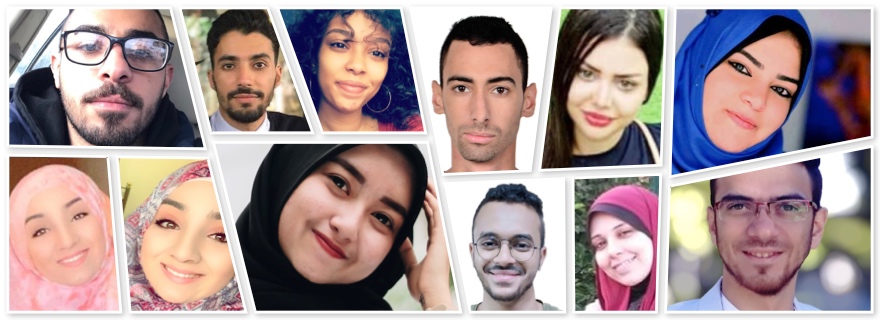
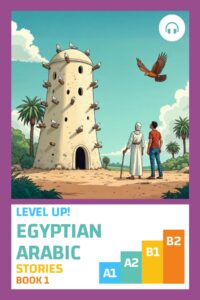
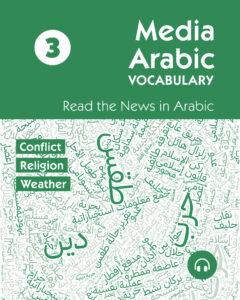
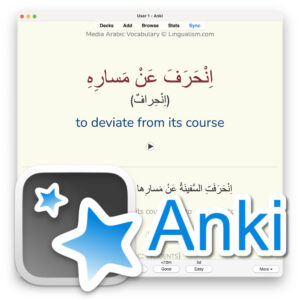

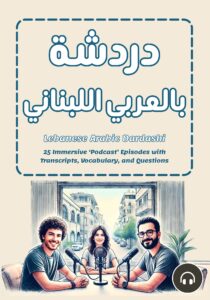
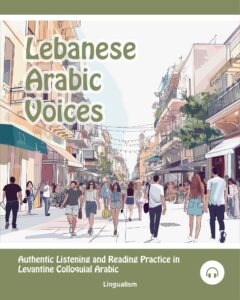
Algerian Arabic is for me the easiest since I have learned that from my family than tunisian and marrocan arabic should be easy for me to understand. But the other arabic I don’t understand at all.
I only understand my neighbour countries.
So it makes more sense that egyptian arabic is the easiest to understand and the levantine arabic by what I read that some of these countries used to be one state in the past.
And Egypt is closer to other arabic speaking countries so its easier for the most and also with their TV shows.